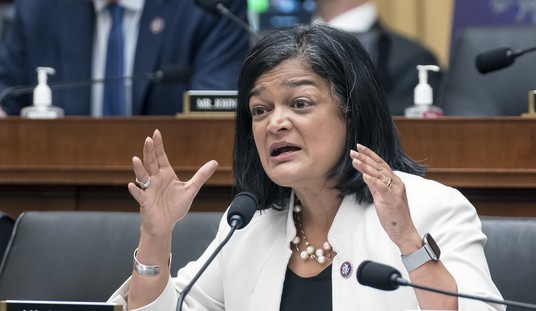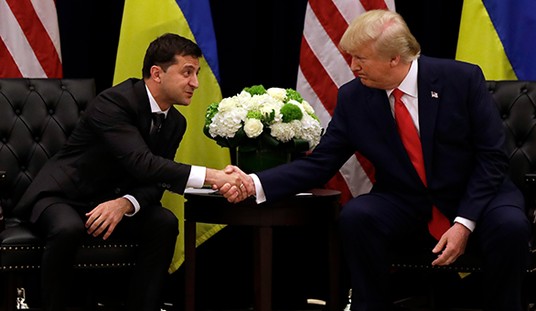Implementing a global tax cartel is hard. This lesson is being learned by the bureaucrats who dreamt up an effort to prevent businesses from taking advantage of the fact that some countries impose lower taxes than do other countries. A year after 130 jurisdictions agreed in principle to institute a global minimum tax rate of 15% on corporate profits and make it harder for companies to shift their tax liabilities from higher- to lower-taxing countries, the early result is a delay and buyers' remorse.
The global tax agreement, overseen by the Organisation for Economic Co-operation and Development (OECD), has two main pillars. Pillar One is meant to allow governments to tax digital businesses that sell services in a country but have no physical presence there, and hence weren't previously taxed there. These companies, of course, are taxed in the country where they are based or where their intellectual property is located, which (not surprisingly) is often in jurisdictions with lower taxes. Just as you don't attract bees with vinegar, you don't attract corporations by promising to tax them heavily.
Unfortunately, high-tax nations are always starving for more revenue, and their leaders -- frustrated by the tax competition that deprives them of tax receipts they consider to be theirs -- see things differently.
Enter Pillar Two, which is the global 15% minimum tax on large companies. The idea here is simple: No matter where a company is located, it can't be taxed at a rate lower than the one specified in the agreement.
Thankfully, so far, the overhaul hasn't been implemented. According to a report in the Wall Street Journal, "Negotiators in the group of countries that signed up in October had hoped to finalize the rules for the Pillar One shifts in tax revenues this month but have now given themselves an additional year." The global minimum tax is facing some objections too. Neither the United States nor the EU have passed legislation to implement it. In Europe, the Hungarian government has vetoed the legislation, and in the U.S., the "Build Back Better" plan containing the minimum tax was killed when the legislation failed to get through Congress.
Recommended
I'm not sorry. Global tax cartels are as bad as they sound. They are explicitly designed to enable governments that refuse to cut their profligate spending and create friendlier tax environments to get more revenue. They are bad news for tax competition and fiscal sustainability, and they make governments less accountable to taxpayers, businesses and to workers who would like their productivity to be rewarded with higher wages rather than higher tax bills for their employers.
Moreover, the imposition of global minimum taxes is meant to raise effective tax rates, and in so doing reduces the investments, innovation and economic growth that contribute to our living standards. The OECD proposal would be no different. As Daniel Bunn of the Tax Foundation points out, one version of the proposal "would have the largest increase in effective average tax rates for investment hubs." Those higher rates would reduce firms' future foreign investment, as well as domestic investments, with repercussions on employment and growth.
U.S. officials should know this, since we already have a minimum tax on American companies' foreign earnings. The poorly designed Global Intangible Low-Tax Income (GILTI) tax was implemented as part of the 2017 tax-reform legislation and is already showing the negative impact such taxes can have.
As Dunn and Garett Watson explain, "(GILTI) often operates as a surtax on the foreign earnings of U.S. companies," and a Biden administration proposal would worsen it and, according to Tax Foundation modeling, cause "the tax liability U.S. companies face on their foreign earnings (to) nearly triple over the next decade." It would also put American companies seeking new markets abroad at a competitive disadvantage. Yet, the Biden administration is not only doubling down on the GILTI tax, but also is eager to force a minimum tax on everyone.
Tax systems should inflict as little harm as possible while raising revenue. There is little hope of that here. An alternative to a global tax cartel would be for high-tax nations to get their fiscal houses in order, cut spending and grow their economies with taxpayer-friendly, supply-side reforms. I won't hold my breath.
Veronique de Rugy is the George Gibbs Chair in Political Economy and a senior research fellow at the Mercatus Center at George Mason University. To find out more about Veronique de Rugy and read features by other Creators Syndicate writers and cartoonists, visit the Creators Syndicate webpage at www.creators.com.
























Join the conversation as a VIP Member